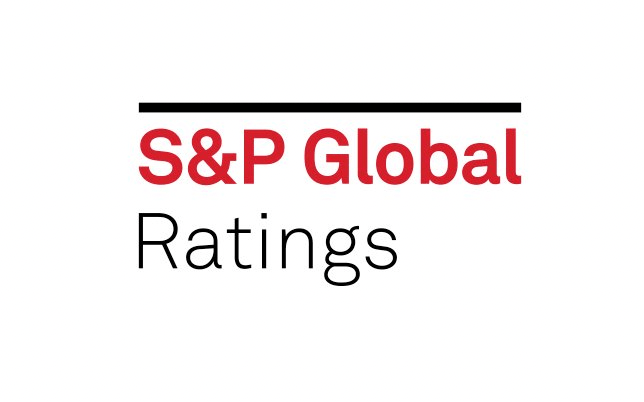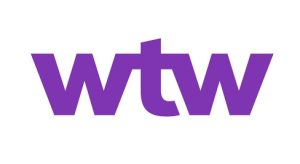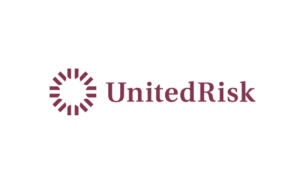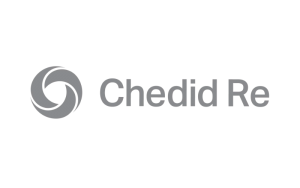Israel’s gov-backed insurance scheme to cover majority of conflict losses

S&P has indicated that Israel’s government-backed insurance scheme is expected to absorb most losses related to the conflict with Iran, and the agency does not currently anticipate taking negative rating actions on the country’s insurance or banking sectors.
 The Israel-Iran conflict has intensified in recent days, sparking global concerns over regional stability, international security, and potential economic repercussions, as world leaders and markets closely monitor the situation.
The Israel-Iran conflict has intensified in recent days, sparking global concerns over regional stability, international security, and potential economic repercussions, as world leaders and markets closely monitor the situation.
“Missile strikes and military attacks have caused property damage and casualties in Israel, and the past 18 months have been marked by the ongoing operation in Gaza, actions in Lebanon, and general economic uncertainties,” S&P said in a new report.
The rating agency stated that insurance and banking markets will have to adjust to the renewed conflict and greater political and economic instability.
“Nevertheless, we do not currently anticipate taking negative actions on either our insurance or our banking ratings within Israel,” S&P said.
The rating agency continued, “Although gross premium growth in the Israeli insurance market was fairly flat in 2024, net results were robust across the board. Improvements in technical profitability and healthy investment income from supportive financial markets reinforced the results.
“Over the past year, Israel’s economy has proven its strength and resilience. Key macroeconomic indicators and private consumption have been relatively stable, and growth in the capital market outpaced major global indices.”
S&P has attributed some of this resilience to the support of an Israeli government scheme that covers property insurance losses directly related to the war, as well as military life insurance claims.
“As a result, domestic insurers do not have to cover these risks. Although we consider Israeli insurers’ significant catastrophe reinsurance programs to be positive, we do not expect losses to reach such levels,” S&P said.
With this in mind, the rating agency noted that the most immediate impact of the conflict on insurers would likely be seen in their investment portfolios.
Looking forward, S&P said that in the countries of the Gulf Cooperation Council (GCC), it expects credit conditions for rated insurers to remain broadly stable in 2025, supported by robust capital buffers and adequate growth and earnings prospects.
However, S&P added, “A further escalation, including a full-scale conflict between states in the Middle East, would be economically, socially, and politically destabilising for the entire region, including insurance markets.
The rating agency concluded, “The impact of such a scenario on trade, financial flows, and tourism would depress growth prospects and earnings for all the insurers in the region.
“If a wider or prolonged conflict were to develop, leading to significant fluctuations in asset prices, we anticipate that our ratings on GCC-based insurers that have weaker capitalisation or material exposure to high-risk assets could come under pressure.
As previously noted, international security has become a growing concern amid the escalating conflict between Israel and Iran, prompting numerous statements from global risk leaders.
In response, Neil Roberts, Head of Marine and Aviation at the Lloyd’s Market Association and Secretary of the Joint War Committee, recently stated, “The London insurance market’s Joint War Committee met this morning to review recent developments between Israel and Iran.
“Whilst the picture is concerning, maritime commerce is not currently being targeted directly by Israel or Iran, and the seas remain open, although the possibility of collateral damage and further Houthi intervention are factors. Insurers are very aware that the situation is still unfolding with no clear outcome discernible.
“The Listed Areas have been left unchanged as ships calling or transiting most of the Middle East already have to notify underwriters, who can then assess such voyages on their merits. The London market continues to support trade by providing coverage options for legitimate marine risks in the region. The situation will be closely monitored as things may change rapidly.”
The post Israel’s gov-backed insurance scheme to cover majority of conflict losses appeared first on ReinsuranceNe.ws.






